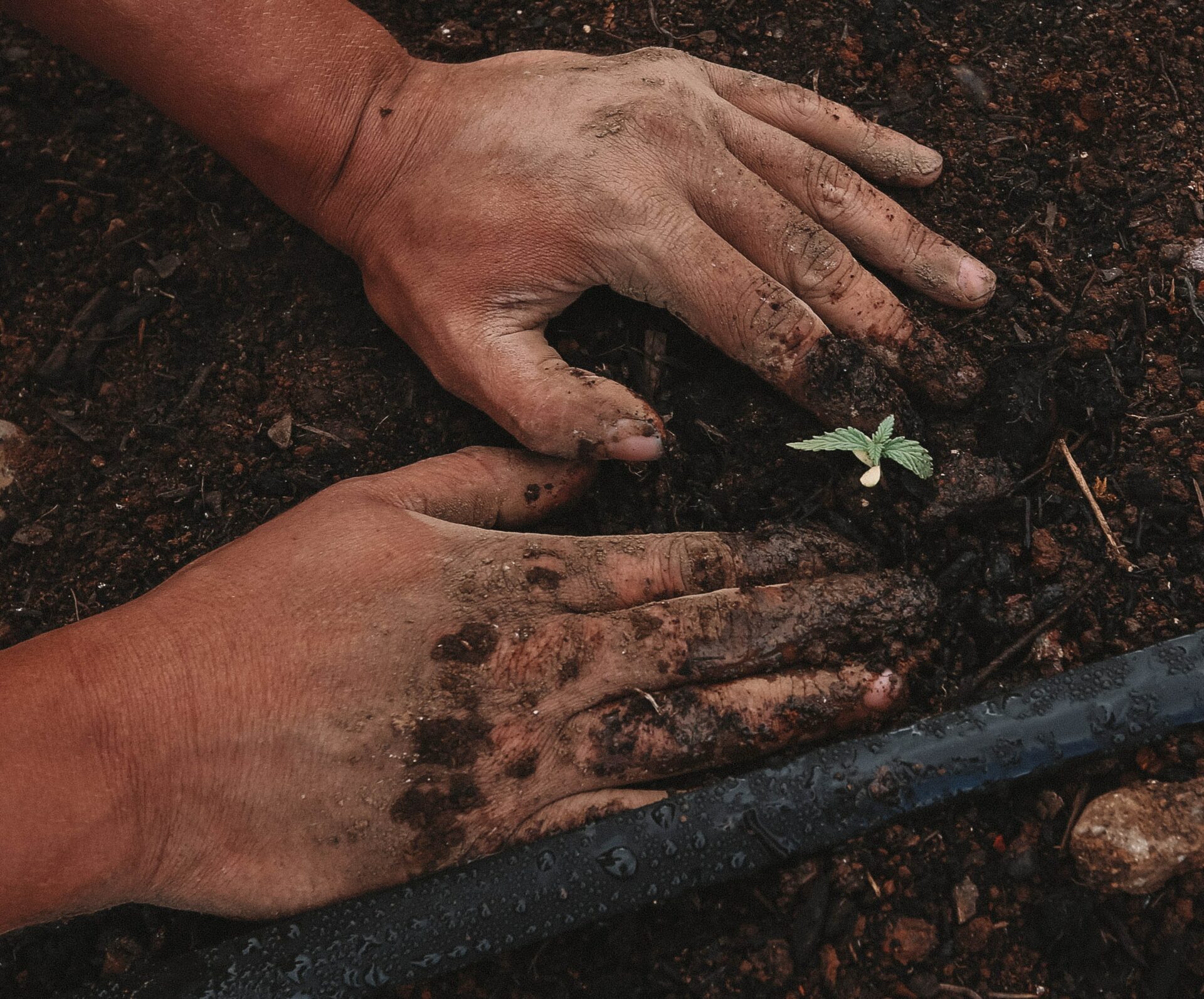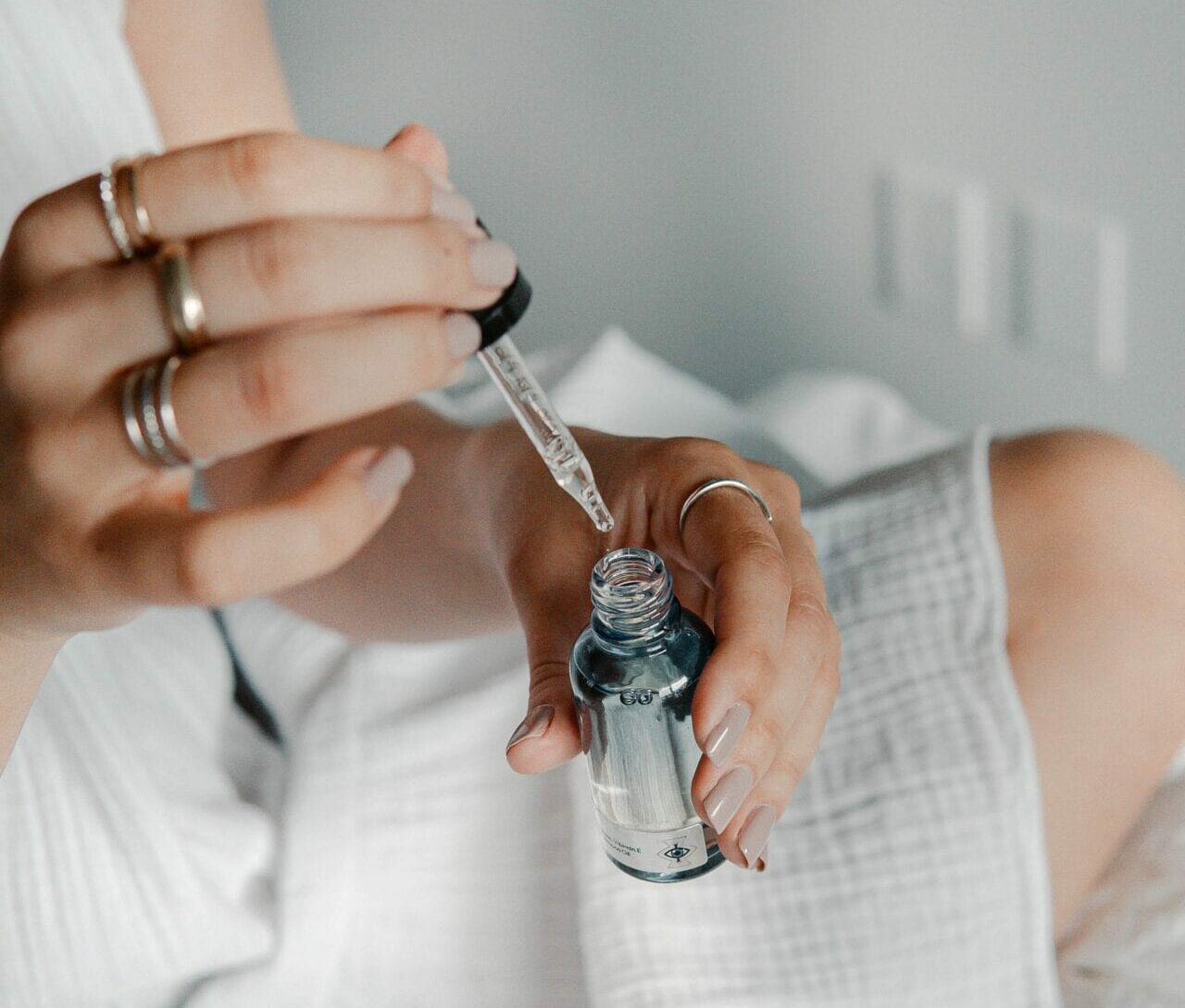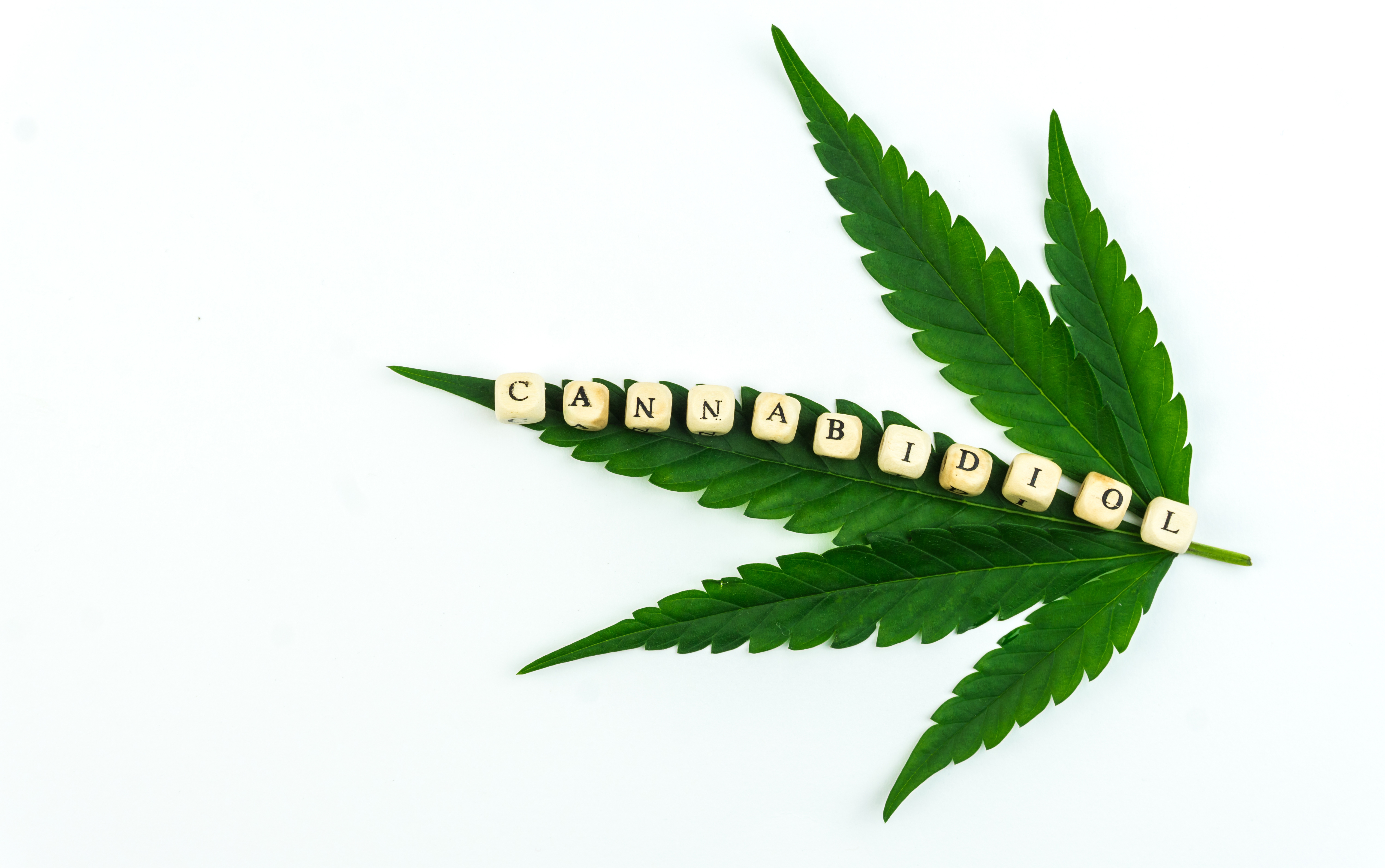Cannabidiol (CBD) is one of the biggest holistic health trends in the market today. But what exactly is CBD? Where did it originate? What are its benefits? And how does it work? In this blog post, we’ll explore the history of CBD. You’ll learn about why it’s important to know your origins before you buy any products on the market.
A brief timeline of the history of CBD
Although the history of CBD and hemp traces back to ancient China where it was first used for medicinal purposes, the first glimpse at how CBD works in the body came with the discovery of the endocannabinoid system in the late 1980s and early 1990s.
Dr. Raphael Mechoulam and his team kicked off the history of CBD when they discovered the first cannabinoid —molecules we naturally produce within our bodies that bind to receptors on cells in our endocannabinoid system. One particular cannabinoid receptor was identified as CB1 and it is primarily found within the brain and central nervous system. A second receptor type known as CB2 was also discovered, this one is mainly found in immune cells.
Before delving into all things CBD, let’s take a quick look at the first findings of CBD:
- 1940: American chemist, Roger Adams successfully extracted the first Cannabidiol (CBD) from cannabis
- 1963: Dr. Raphael Mechoulam described the chemical structure of CBD
- 1980s: Mechoulam shared results from research on CBD for epilepsy
- 1988: Allyn Howlett, William Devane, and a team of scientists discovered the CB1 receptor through its response to compounds found in cannabis
- 1990: The CB2 cannabinoid receptor, which is present throughout the immune system and the peripheral nervous system, was discovered
- 1992: Lumír Hanuš and William Devane isolated the first endocannabinoid, anandamide while working on Mechoulam’s team
- 1996: California passed Proposition 215 and became the first state to legalize medical marijuana
- 2018: President Donald Trump signed the Farm Bill into legislation
Since the turn of the 21st century, CBD from hemp has seen explosive market growth and can be found on the shelves of many health stores, gas stations, and smoke shops.

How CBD Works
The endocannabinoid system (ECS) is a network of neurotransmitters throughout your brain and body that regulates mood, pain, appetite, and other functions. Endo means inside and cannabinoids are the molecules that interact with cell receptors throughout the ECS. Because CBD is a natural cannabinoid, the ECS already has an affinity for it. Therefore, using CBD can amplify the monitoring and functioning of such processes and systems.
Should doctors think about recommending CBD?
Now that we know the history of CBD, you might be wondering where docs stand today. The answer varies greatly among medical professionals. Some doctors have expressed more openness to the idea of recommending CBD to patients with health conditions such as anxiety, chronic pain, sleep problems, and epilepsy due to research suggesting benefits in these areas. Other physicians, however, feel more data on safety and effectiveness is needed before they could comfortably recommend it to their patients.
While more research still needs to be done, there are plenty of signs that point to why doctors should recommend CBD to their patients. For starters, CBD contains less than 0.3% THC, meaning it does not produce psychoactive effects for users. Additionally, it has been touted for its anti-inflammatory, pain-relieving properties, and being that it is a non-addictive substance it could be an attractive alternative to traditional pain medications and opioids. CBD also comes in the form of tinctures, gummies, smokeable products, and topicals, giving patients a variety of options to choose from.
Last, but certainly not least, there is much praise from CBD users who have turned to the cannabinoid for aid with a variety of ailments. Such firsthand experiences are crucial to backing the effectiveness of CBD.

How to weed out low-quality CBD products and brands from the good ones
With advances in science at the tip of our fingers, it’s easy for some brands to alter the natural composition of CBD. For this reason, it’s important to understand that not all CBD products are formulated the same way. Why? Some brands are interested in producing mass quantities rather than providing a product that is effective and high-quality. By cutting such corners, they ultimately save on production costs.
So, how can you avoid purchasing products that don’t meet the standard of excellence consumers deserve? Always research before trying new brands or products. When selecting a brand, here are a few important points to keep in mind:
- Where is their hemp grown, harvested, and manufactured in CBD products?
- Is the formula made non-GMO and free of heavy metals?
- Do they follow Good Manufacturing Practices (GMP)?
- Do they use isolates or broad-spectrum CBD?
- What extraction method do they use?
- Are all products third-party lab tested?
By following this list, you can ensure you’re purchasing top-notch CBD products that are safe, effective, and free of any unwanted additives! The Future of CBD
While CBD is legal under federal law, so long as it contains less than 0.3% THC by weight, a handful of individual states still have different laws that could affect the legality of purchasing or possessing CBD. Despite these state-by-state differences, CBD is gaining traction as an effective, alternative treatment for some ailments, giving bright hope to the future of CBD. With more research being done to better understand its uses and potential benefits, there will hopefully be new legislation passed that will make it easier for everyone to access this powerful cannabinoid.
If you already use CBD or are curious about trying CBD for the first time, check out our vast selection of CBD topicals, tinctures, smokeable products, and more!*
*Before you order, be sure to check the legal status of CBD in your state. Power Distribution LLC is not responsible for knowing whether this product is legal in your state or territory, and you assume full responsibility for all parts pertaining to your purchase. We retain the right to not ship to any states or territories where local laws conflict with H.R.2: The Agricultural Improvement Act of 2018, also known as the 2018 Farm Bill.
